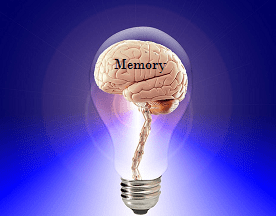 12 Principles of Memory
12 Principles of Memory
Memory retention is the biggest issue involved in studies. Learning any subject can be made easier with the knowledge of some basic principles of developing good memory.
- Principle of intention:
Intention to remember is must to keep anything in memory. So, before starting a topic of study, strong intention must be made clear.
2. Principle of bird’s eye view:
Before starting to read the chapter thoroughly, preface should be read together with the glimpses of the chapter from here and there.
3. Principle of goal setting:
The target to be achieved or the topics to be read and learnt should be decided very specifically and precisely.
4. Principle of organization:
The topic should be read in such a manner that the material is organized on the basis of some codes or symbols.
5. Principle of association:
The material should be read keeping in view the links between different topics so as to make the connections meaningful to ease the learning process.
6. Principle of selectivity:
Not the whole material should be given equal stress for learning; rather the effort should be made to differentiate the important and less important material, so as to retain the important in mind.
7. Principle of elaboration:
The key points selected during reading should be explained in one’s own words clearly.
8. Principle of concentration:
The effort should be made to focus all your attention on the topic of study in hand and cutting off attention to all other things at that specific point of time.
9. Principle of visualization:
The matter in summary form should be over seen in such a manner that it can be recalled with closed eyes.
10. Principle of big and small:
Not only the topic should be studied and understood in detail but the overall view on large scale should also be kept in mind.
11. Principle of review:
The topic must be reviewed immediately after reading it for long lasting impression on your mind.
12. Principle of evaluation:
The topic should be revised with the help of questions and practice of exercises and the progress and effect of learning checked.
After reading all these principles, a student can develop his own tools and techniques for learning and memorizing.
